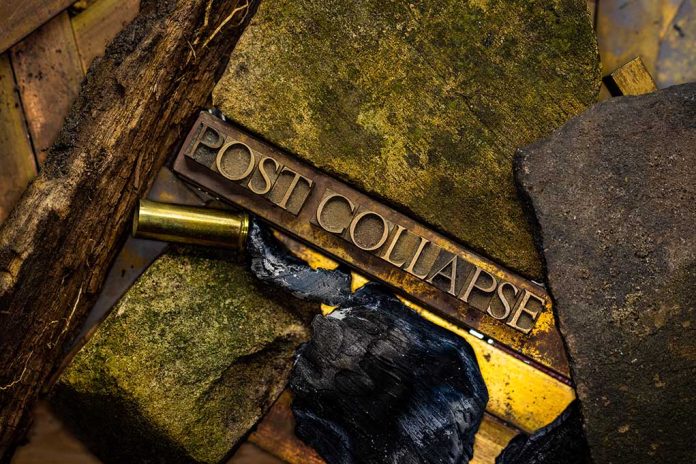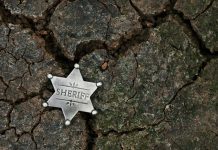(SurvivalDaily.com) – Life as we know it will be dramatically different following a large-scale disaster scenario. Grocery stores will quickly run out of supplies and may never be replenished (depending on the severity of the catastrophe). In a true SHTF situation, law and order will be gone and your family’s survival will depend solely on you – and how prepared you were beforehand.
Preparing for the Worst
On top of making it through whatever disaster may come your way, you’re going to face other potential problems:
- Living an extended amount of time without a grocery store
- Living without utilities for an extended amount of time
- Post-disaster violence
- Potential threats from your government
Many of us already think about the last two when prepping, but that doesn’t make them any less important. There may still be some aspects some people fail to consider regarding post-disaster issues.
Things to Consider
After SHTF, there might be no rule of law. Criminals could walk the streets and do as they please unhindered, looking for easy targets. Learn to defend yourself now if you haven’t already.
Many people will be desperate. Whether they need food, water or medicine, some people might commit acts they normally wouldn’t. Home invasions and burglaries could see drastic increases after disaster strikes and the struggle to get necessary supplies begins. Society is already in shambles, and social unrest isn’t just a possibility anymore. Just look at how bad the world is now; how much worse could everything get once there’s no rule of law?
Food and other supplies could quickly become impossible to find in stores. Most only have a 3-day supply, so something as small as a power outage can cause a store to fall behind the demand of desperate people.
Depending on the type of disaster that hits your area, whether it be natural or manmade, living without power may last weeks or even months. All these problems can severely impact your chances of survival, so figure out how to prepare for them now, before disaster strikes.
What to Do
To avoid having to make an emergency run to the grocery store, stock up on food and other supplies now, while you can do so peacefully. Two weeks’ worth of food and water to sustain your household should get you through most disasters. However, in some cases, you may need to survive for months, so try to stock up a 6-month supply if you can.
If SHTF, and there’s no going back to a normal life, you should be able to grow a garden and hunt in order to survive. If you have not yet acquired these skills, strongly consider learning them before your life depends on it.
Water is the most precious resource we have, and if utilities are lost, your water supply will be, too, unless you have a well or an emergency stock of water. This also poses a problem in regard to sanitation, so you’ll need to come up with a plan to sanitize yourself without the luxury of power.
The government is going to act as it would in any disaster: look to maintain control. They’re going to issue an evacuation order if necessary; if you’ve waited for the government to evacuate you, it’s likely too late. Just because they’re from the government, that doesn’t mean you should trust them. Be ready for your freedoms to be infringed upon — something we’ve seen during the COVID-19 pandemic and will likely see again if disaster strikes. Know your rights.
We may not be able to plan for every little detail in regard to post-disaster scenarios. There’s simply no way to know exactly what’s going to happen after SHTF, so the best we can do is prepare for whatever we think may happen. A word of advice: It’s better to be proactive rather than reactive.
~Copyright 2021, SurvivalDaily.com

















